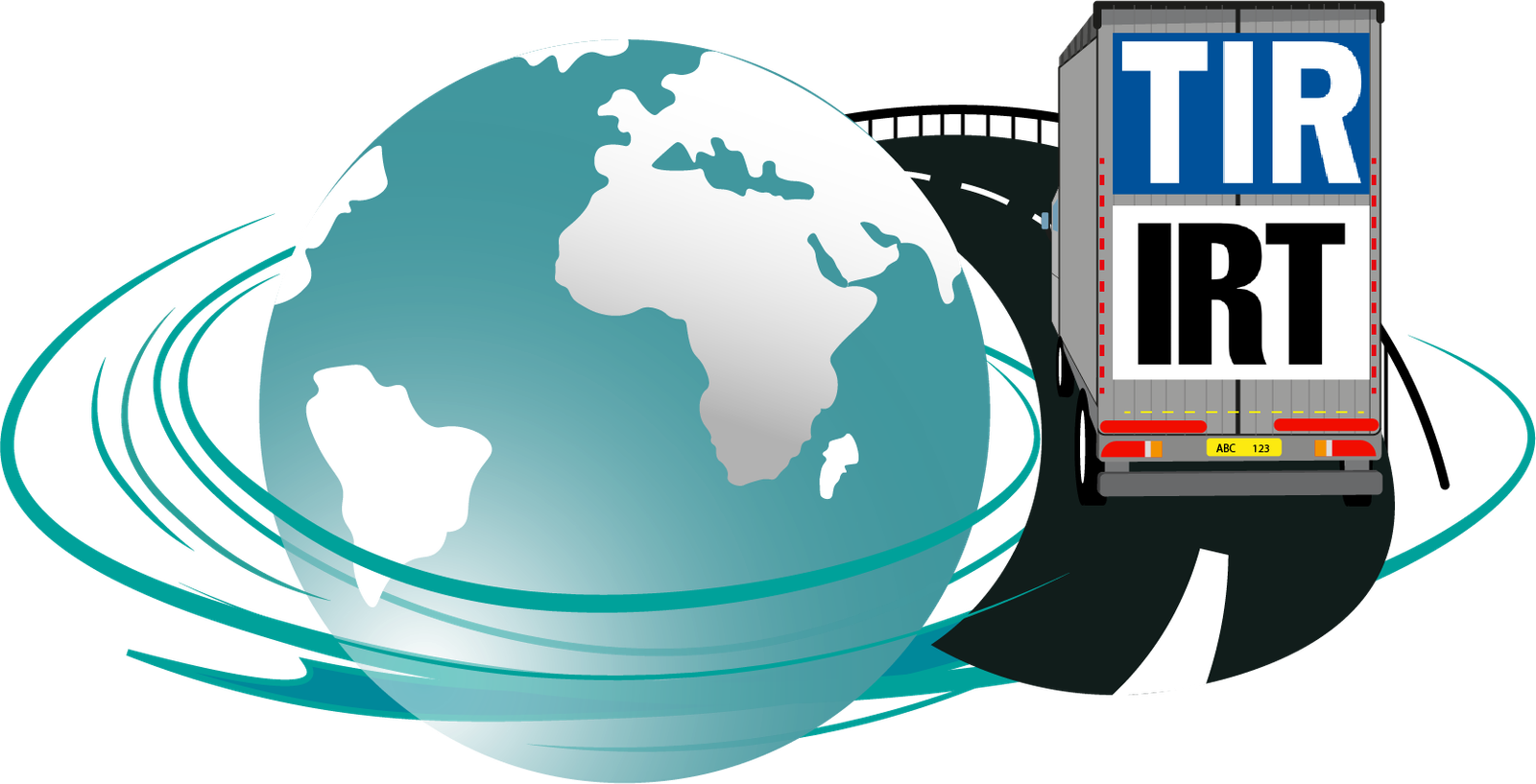About Us
International Road Transport (IRT) Chamber of Pakistan is an advisory chamber, formed to represent its members and to provide legal, commercial and other technical, professional advisory and consultancy services against remuneration, fee and charges to its clients who become its regular members, and against the annual membership fee.
Members will be transport operators for operation of logistics, either of goods or passenger, under international transport agreements or operation of ATA, TIR Carnets, Carnet De-Passage, cross border transport operators (T.O.) or international tourism operators.
IRT’s area of services not limited to but includes to dispense education, knowledge domestic customs and of various international conventions, agreements such as conventions of ATA, TIR, carnet De-Passage, CMR, CIM, ILO, IMO. WTO, WCO, and to provide training sessions with award of certificates.
Mission Statement
To cater the necessity of road transport sector being represented collectively at high level, to promote open international trade, investment, and help business corporations, meet the challenges of globalization, and open the windows of opportunities for Pakistan.
Being sole promoter, founder president of IRT Chamber of Pakistan, and Being
“The Merchants of Prosperity for Pakistan”
To remain compliant to the standards of IRU, The Economic and Social Commission for Asia and the Pacific (ESCAP), The United Nations Economic Commission for Europe (UNECE) and ECO Transit Transport Framework Agreement (TTFA). IRT Chamber have the vision to become Pakistan’s premier unrivaled authority in suggesting, making rules, policies that govern the conduct of National and Cross Boarder Rail, Road Transport Business.
And
- To regulate the Nation’s Multimodal Logistics, Operations.
- To connect Domestic, International Rail, Road Air, Ocean Transportation.
- To Promote Transparent & Fair Business Practices.
- To Promote Competition & Eradicate Extortions.
- To Protect Green Environment.
- And conventions, such as SOLAC, CONTAINER CONVENTION, BIC PORT SECURITY LAWS IMO, ILO.
For the Benefit of Trade, Industry, Importers, Exporters, Service providers and the consumers of Pakistan.
- To safeguard legitimate interests of Multimodal Terminals & Operators and to promote transparency.
- To harmonize Multimodal Logistics activities in Pakistan with the International standards, and trends.
- To represent Multimodal Terminals & Operators before all forums and allied operating agencies.
- To ensure the provision of just, fair and equitable services to the users of multimodal Logistic facilities.
- To propose, develop; facilitate new economic projects of infrastructure development in fields of Air, Sea, Land, in-land waterways and under grounds.
- To provide the easement, decongestions around Ports and other metropolitan, industrial cities for decentralization and hassle free dispersal of economic activities.
- To protect the Pakistan’s economic interests and take reciprocal steps.
- To promote transit trade and logistics.
IRT Chamber expedite to work together without corruption and tax evasion
for better future of the people of Pakistan.
Vision Statement
The IRT Chamber of Pakistan having objects of promoting: Trade, Industry, Service and combination of;
- To materialize the benefits for Pakistan, arising out CPEC, BRT, and TIR Carnet system.
- For collective representation of transport sector at National, International levers.
- As National and International Platform for indigenous entrepreneurs of Pakistan to encourage, promote, stimulate and protect the interests of;
TIR Operators, Domestic-International Road Transporters of goods/passengers, Persons, entities engaged in Logistic Infrastructure, Handling, Receiving, Storage, Delivery of goods, and ancillary support, supply, Services, and Combination thereof”.
INNOVATION, RATIONALE OF “IRT CHAMBER OF PAKISTAN”
- CPEC, (ii) One Belt One Road Initiative & (iii) TIR Convention, (iv) Carnet De-Passage, the four systems are Worldwide logistic phenomenon concerning with goods, passengers, transit, transport, and means of transport through and across the Pakistan. These phenomenons are more beneficial, convenient, and feasible than Bilateral Agreements and TIR Operators are enjoying that difference.
- Thus bilateral agreements are going to be dominated by TIR Operations in Pakistan for cross boarder and transit operations. There is reasonable presumption these phenomenons may sweep out local transport industry by capturing opportunities through foreign elements, which may leave no space for indigenous entrepreneurs of Pakistan.
- Following 205 Trade Organizations are registered with Directorate of Trade Organization of Pakistan. Out of said 205 registered trade organizations, no one has principal concern with logistics and transport.
- 118 Various trade, services and manufacturing organizations.
- 52 District Chambers of Commerce & Industries.
- 12 Women Chambers of Commerce.
- 09 Small Chambers of Commerce.
- 06 Joint Chambers of Commerce.
- 08 Town Associations.
- Even through FPCCI, there is no representation of transport sector at any level. Slot on the Transport sector was vacant. It was right time to establish unique and specific body to represent collectively transport sector at every, higher level.
The innovative idea was concaved and promoted by Rana Asif Khan to establish an International Road Transport Chamber “IRT Chamber of Pakistan” by discharging his Corporate Social Responsibility;
- To materialize the benefits for Pakistan, arising out CPEC, BRT, and TIR Carnet system.
- For collective representation of transport sector at National, International levers.
- As National and International Platform for indigenous entrepreneurs of Pakistan to encourage, promote, stimulate and protect the interests of;
TIR Operators, Domestic-International Road Transporters of goods/passengers, Persons, entities engaged in Logistic Infrastructure, Handling, Receiving, Storage, Delivery of goods, and ancillary support, supply, Services, and Combination thereof”.

